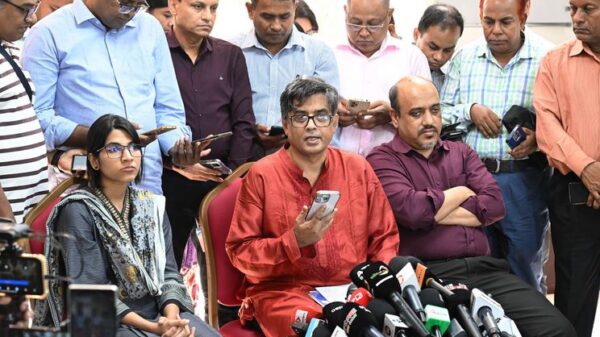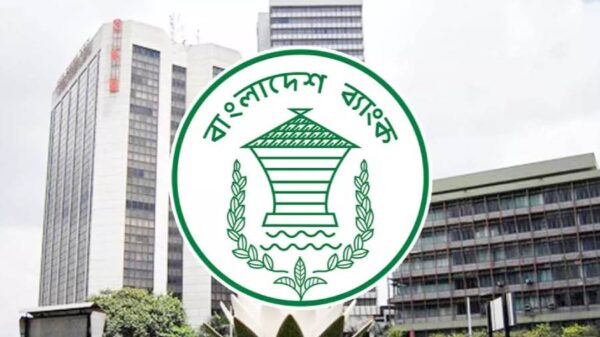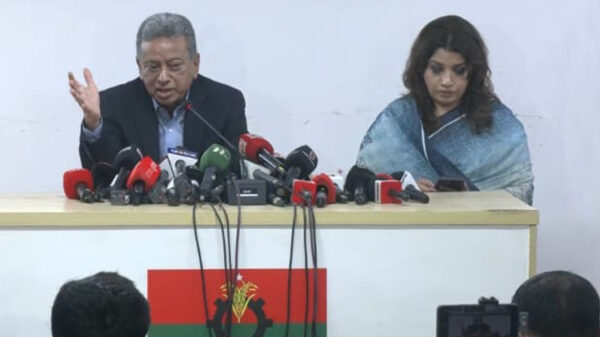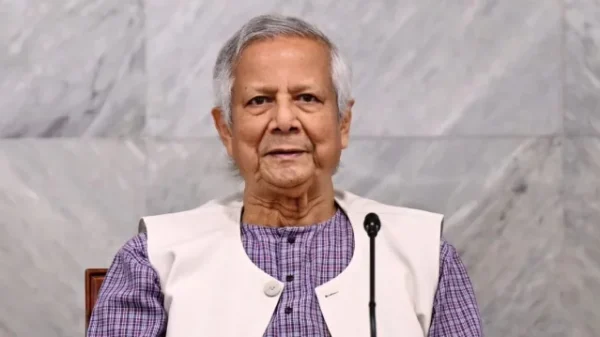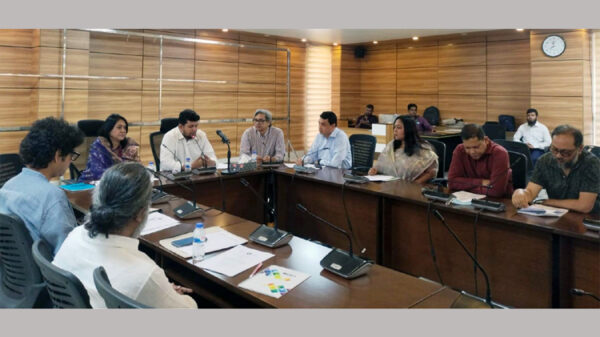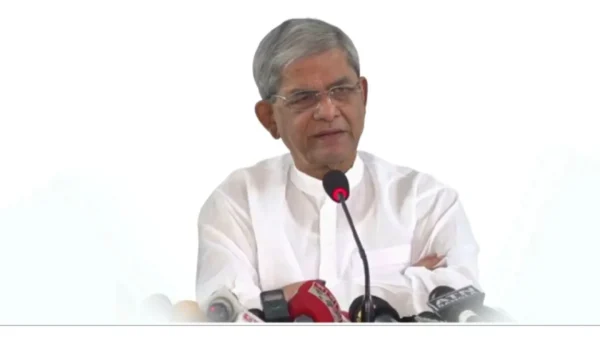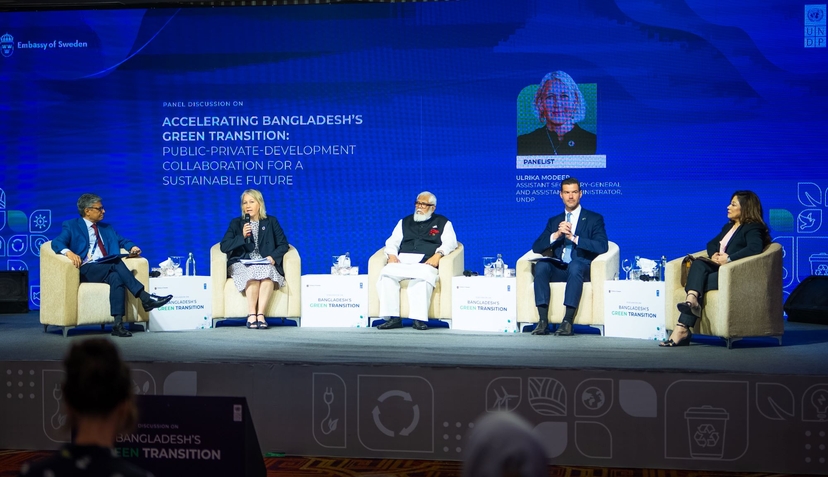Staff Reporter:
Speakers at a dialogue on Bangladesh economy’s green transition underscored the need for collaboration among public, private and development sectors as well as worldwide partnerships for addressing pressing environmental challenges.
Jointly hosted by the United Nations Development Programme (UNDP) and the Embassy of Sweden, the event titled “Accelerating Bangladesh’s Green Transition: Public-Private-Development Collaboration for a Sustainable Future” brought together key stakeholders from the public, private and development sectors, with an aim to propel Bangladesh’s green transition efforts forward to achieve the SDGs.
Visiting Crown Princess Victoria of Sweden, also UNDP Goodwill Ambassador for sustainable development goals (SDGs), attended the dialogue.
Salman F Rahman, private industry and investment advisor to Bangladesh prime minister, in his speech, highlighted the challenges regarding green investment in the private sector.
He said that Bangladesh has the highest number of green-certified garments factories, reflecting significant investments in both green sustainability and safety. Unfortunately, despite this investment, returns from these efforts are not enough to help combat the pressing climate challenges, the advisor to PM added.
“While there is a growing interest among younger consumers in purchasing green and sustainable products, they are often unwilling to pay extra for them. Therefore, if we desire sustainable products, we must be open to investing and paying accordingly,” he said.
Policy Exchange Bangladesh Founder Masrur Reaz presented the keynote paper on the private sector’s role in Bangladesh’s green transition. Later, a panel discussion moderated by ULAB Vice Chancellor Professor Imran Rahman explored collaboration among public, private and development sectors.
Panelists including Johan Forssell, Swedish minister for international development cooperation and foreign trade; Ulrika Modeer, UN assistant secretary-general; and Sonia Bashir Kabir, founder of SBK Tech Ventures, discussed drivers, challenges and strategies for advancing the green transition.
Johan Forssell said, “There is an enormous amount of private money available and if we could just channel a percentage of that into fighting poverty that would be an enormous platform. We have slightly more than 50 Swedish companies operating in Bangladesh today. I think that is good but there is potential for more. I hope to see many more Swedish companies investing in Bangladesh, alongside Bangladeshi companies investing in Sweden and Europe.” He also wished to foster the bilateral partnership.
UN Assistant Secretary-General Ulrika Modeer said, “What Bangladesh is doing is really remarkable in its development journey, as we know. Additionally, Bangladesh is also bearing the major burnt of [climate change-related] problems not caused by its people. This underscores the importance of solidarity, as we are all in this together. Hence, we need the United Nations’ platforms to remain united in negotiating solutions for both climate change and biodiversity. It’s crucial that we come together, exhibit ambition, and fulfill the commitments we have made.”
Sonia Bashir Kabir said, “In Bangladesh, the private sector needs to take the lead in innovation and the policymakers should follow. I believe in the sentiment echoed by Kennedy, ‘Ask not what your country can do for you, ask what you can do for your country.’”
“Therefore the responsibility lies with us, the private sector, in partnership with others,” she added.
Among others, participants from different private companies such as Grameenphone Ltd, Volvo, Unilever, H&M, Ericsson, Scania, Atlas Copco and Marico were present at the event along with representatives from government and development partners.



